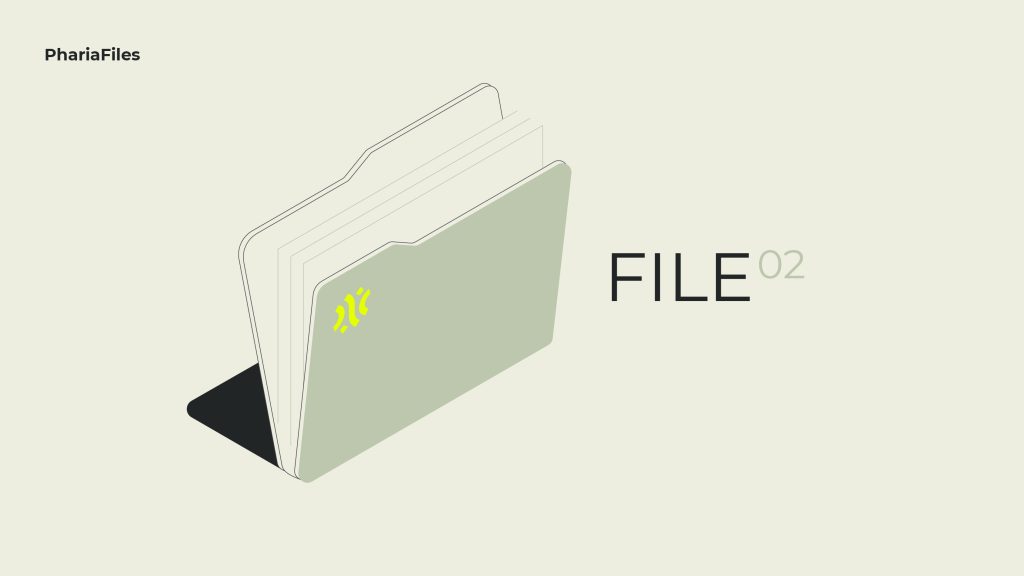About Us
Aleph Alpha was founded in 2019 with the mission to research and build sovereign, human-centric AI for a better world. With a team of international scientists, engineers, and innovators, we research and build transformative AI solutions.

Core Values
Since Aleph Alpha was founded in 2019 our work is guided by two values central to our mission
Our Executive Team

Reto Spörri
Co-Chief Executive Officer

Ilhan Scheer
Co-Chief Executive Officer

Samuel Weinbach
Co-Founder & Co-Chief Research Officer

Dr. Yasser Jadidi
Co-Chief Research Officer

Lucie Prinz
Chief People Officer

Benjamin Oppl
Chief Operating Officer

Lukas Pöhler
Vice President AI Solutions

Sven Körner
Vice President Evangelism

Johannes Spindler
Vice President Strategy

Markus Wiemann
Vice President Go-to-Market

David Jeggle
Vice President Customer Experience

Tobias Haar
General Counsel
Our History
2024
September
Launch of TFree
A new architecture that slows LLMs to learn low-resource languages, out-of-distribution knowledge and rare knowledge
2024
August
Launch of PhariaAI
Pharia AI is an end-to-end stack for generative AI systems and innovations in an enterprise-ready setup with unique capabilities for control, transparency and compliance
2024
June
Launch of creance.ai
Generative AI solution for compliance
2023
November
$500M Series B funding round
2023
April
Introduction of world’s first explainability function for LLMs
2022
October
Launch of LUMI
The world’s first generative AI chatbot for the public sector
2022
September
Opening of alpha ONE
The fastest European commercial AI Data Centre. Located in Bavaria and equipped with 512 NVIDIA A100 GPUs, Alpha One offers 7.625 petaflops of computational power.
2022
April
First major AI model launch
Aleph Alpha releases Luminous, the world’s first multimodal and multilanguage large language model
2021
July
Series A funding round – €23M
2021
January
€5.3M Seed funding round
Aleph Alpha secures its first round of funding to build Europe-based generative AI technology
2019
January
Aleph Alpha is founded
Apple R&D Manager and serial entrepreneur Jonas Andrulis and Deloitte AI Expert Samuel Weinbach found Aleph Alpha in Heidelberg, Germany, with the vision to research and build the foundational technology for an era of strong AI
Aleph Alpha products are built to ensure technological sovereignty in the AI era for the world’s best enterprises and governments.

Our Commitment to AI Compliance and Excellence
We are actively aligning our practices with upcoming regulatory frameworks, including the EU AI Act, and have obtained ISO 27001 certification as a testament to our exceptional commitment to information security and regulatory compliance.
Insights
Copyright © 2026 Aleph Alpha GmbH





